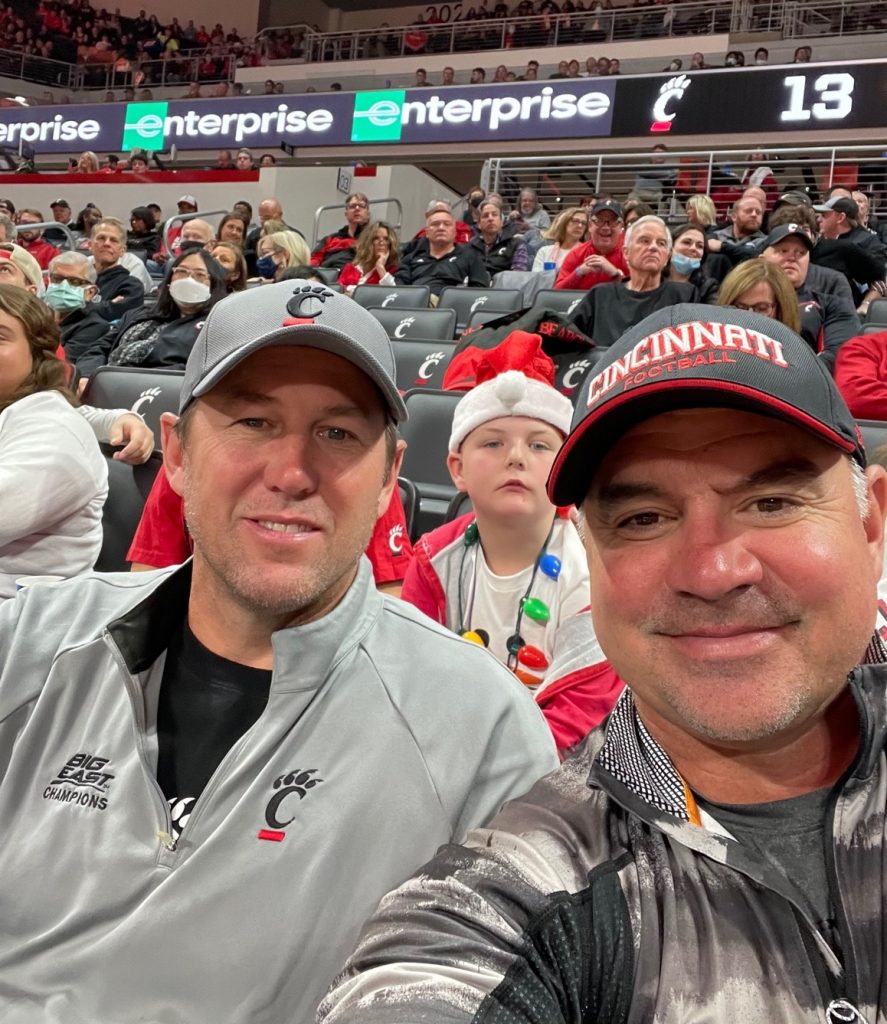How Can I Improve My Mentoring Skills?


To be an effective mentor, it is essential to understand your mentee’s challenges and goals. Be sure to align your goals with his or hers, and celebrate your mentee’s achievements. Avoid overloading your mentee with information. Here are some tips to help you succeed in this role: Read relevant literature. This will show your mentoring that you care about his or her goals.
Empathy is essential for a successful mentoring relationship
Empathy is an essential element of a mentoring relationship, especially in youth mentoring. This skill helps mentors connect with their mentees and express their care. Empathy leaves a mentee with a sense of understanding. Empathy can also help mentors develop stronger relationships with their mentees.
Mentors who are empathetic and have high self-efficacy are more likely to build strong relationships with their mentees. These mentors are also more likely to be able to master relational skills, which may increase their mentees’ sense of safety and security. In addition, their increased self-efficacy may contribute to the quality of the mentoring relationship since it improves mentors’ empathetic responses.
In order to build an effective mentoring relationship, it is important for both mentors and mentees to be fully aware of each other’s needs and goals. Mentors need to have a deep understanding of their mentees’ goals and situations and be able to provide them with feedback that will help them grow. Mentors should also be willing to take the time to understand their mentee’s fears and concerns.
Align your goals with your mentoring
Aligning your goals with those of your mentee is a key way to enhance your mentoring skills. As a mentor, you can offer advice and guidance and also share your experiences and learnings. When you are mentoring someone, you need to be open to their perspectives and be sure to listen carefully. Make a note of key points and ask lots of questions. Before you start mentoring, you should be clear about your own career goals and where you want to go in the future. A mentor can guide you in this process and provide you with guidance that can help you reach your career goals.
It’s essential that you and your mentee have the same goals, which means that they should be related and attainable. These goals should also be time-bound and related to your organization’s goals. Setting goals and monitoring their progress can help you to ensure that both of you are moving in the right direction. Moreover, you will reduce the risk of failure if you regularly track your progress.
Celebrate the mentee’s achievements
The first step in improving your mentoring skills is to acknowledge your mentee’s achievements. This will help build their confidence and keep them motivated. Recognition of their accomplishments can also satisfy their psychological needs for approval and recognition. It is a good idea to identify your mentee’s love languages so that you can tailor your celebrations to meet their preferences. While a gift might make your mentee feel special, you can also consider celebrating with a meal or a special mention on social media.
Ultimately, mentoring is a rewarding experience. The feeling of helping someone realize their potential is incredibly satisfying. It’s also a way to pay it forward. Mentoring is an opportunity for both parties to grow as individuals, and a successful mentoring relationship can even inspire a mentee to become a mentor themselves.
Another way to increase the impact of your mentoring relationship is to provide opportunities for your mentee’s career growth. If possible, you can introduce your mentee to collaborators in their field or recommend conferences where they can learn more. Moreover, you can encourage your mentee to work on projects that are interesting to them. This way, they will gain valuable skills and experience while learning from you.
Avoid overloading the mentee with information
It is important to avoid overloading your mentee with information when mentoring. Oftentimes, people show up for meetings without thinking about what they’re going to talk about and then give the mentee too much information. To avoid overloading your mentee, ask them to describe their job, ask what information is important, and use keywords and acronyms.
A key tip for creating a successful mentoring relationship is to clarify the expectations of both parties. Clarify the mentee’s expectations and match them to yours. Sometimes, the mentee may have unrealistic expectations of what the mentor will provide, and this can lead to miscommunication and disappointment. In such cases, it is best to resolve any misunderstandings early in the relationship. The best mentoring relationships are those where both mentor and mentee share the same vision.
When communicating with your mentee, be sure to be sensitive to differences in culture, gender, and personality. Make sure that you listen to each other’s views and always
